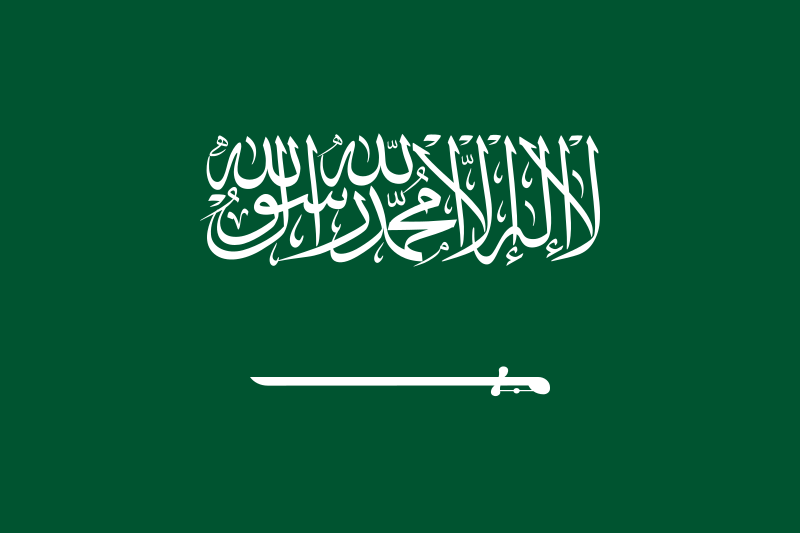
Alswaha articulated that the kingdom’s strategy aims to address disparities in computing infrastructure, data availability and algorithmic capacity. He confirmed royal support from Crown Prince Mohammed bin Salman, highlighting frameworks that include an AI governance model with the UN, an International Centre for AI Research and Ethics in partnership with UNESCO, and an ITU-backed AI Readiness Framework.
During his Geneva visit, Alswaha held bilateral talks with senior figures including ITU Secretary-General Doreen Bogdan‑Martin, Algerian and Somali communications ministers, the World Intellectual Property Organization’s Daren Tang and UNCTAD Secretary-General Rebeca Grynspan. He advocated for expanded digital governance, infrastructure development, talent empowerment and intellectual‑property protection in AI and data technologies.
A central feature of Saudi involvement is the Digital Cooperation Organization, founded in 2020 and headquartered in Riyadh, now with 16 member states. The DCO drives initiatives such as digital foreign investment frameworks and cross-border entrepreneurship support through instruments like the Startup Passport and Global Roundtable Series. Deemah AlYahya, the DCO’s secretary‑general, has stressed the role of tech diplomacy in closing global gaps in connectivity.
On the domestic front, the kingdom has already reduced its national digital connectivity gap to under 1 per cent and boosted its ICT workforce from around 150,000 in 2018 to 380,000 by 2024, with women rising from 7 per cent to 35 per cent of ICT professionals. These achievements place Saudi Arabia second among G20 nations in the ITU’s ICT Regulatory Tracker. The nation also hosts the Global Symposium for Regulators in Riyadh this August–September, aiming to set standards for sustainable digital development.
Another strategic development is the launch of Humain, a domestically established AI firm initiated by Crown Prince Mohammed bin Salman under the Public Investment Fund. Founded on 12 May 2025 and headquartered in Riyadh, Humain aims to develop Arabic-language models and foundational AI infrastructure. It has secured partnerships with Nvidia, AMD and Qualcomm to support AI model training and data‑centre roll‑out.
Education and skills development are at the core of Saudi Arabia’s AI agenda. The kingdom is integrating AI education at all levels—elementary through lifelong learning—as part of its Human Capability Development Programme under Vision 2030. Curriculum reforms include hands‑on modules designed in collaboration with the Ministry of Education, MCIT, SDAIA and ITU.
Concurrently, SDAIA has launched the SAMAI programme, targeting one million citizens for AI training, while agents like the Saudi Digital Academy and Misk Foundation are implementing tracks focused on women in tech. Stanford’s AI Index Report 2025 ranks Saudi Arabia third globally in job gains within AI in 2024 and first for gender parity in the AI workforce—a reflection of these focused efforts.
Even as ambitious frameworks unfold, expert voices note ongoing challenges in scaling programmes across rural and underserved communities, and in ensuring senior women occupy leadership roles in AI governance and product design. Algorithmic bias, social norms and funding inequities persist as obstacles, though national stakeholders are enhancing mentorship, policy safeguards and educational streams to address these matters.
Topics
Saudi Arabia
